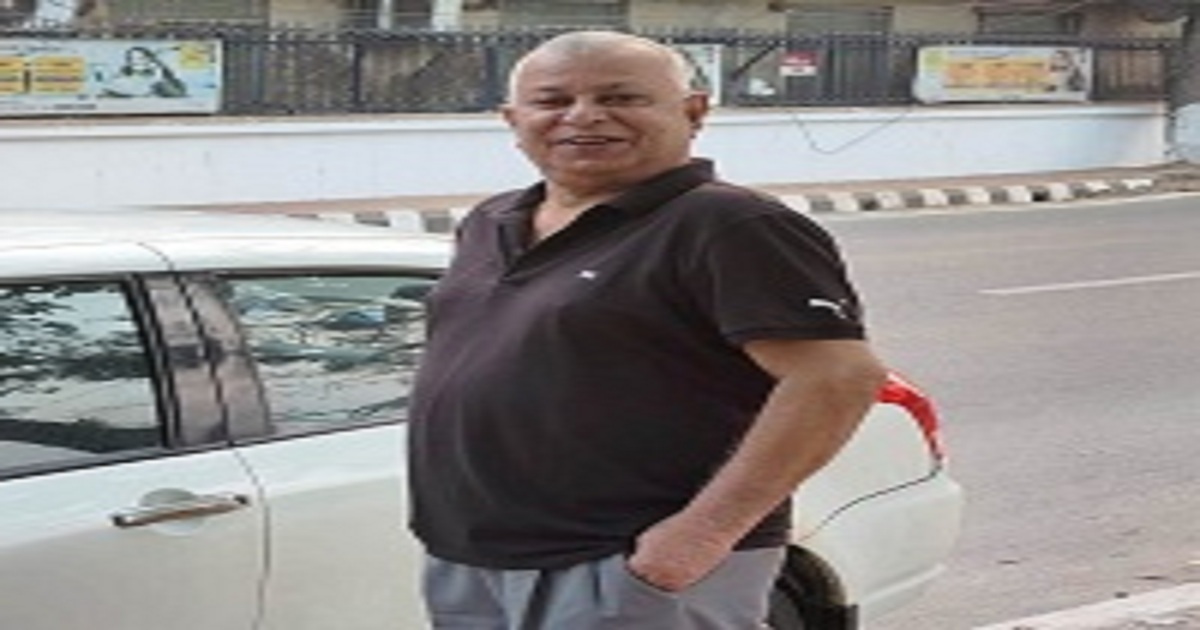Tripura’s Lost Evenings: Shadows of Intimidation in a Once-Peaceful Haven!!!
Biswanath Bhattacharya
August 18, 2025
 Once upon a quieter time, the state of Tripura basked in the gentle glow of serenity. Its parks and public spaces—Children’s Park resonant with laughter, motels humming with the soft murmur of private conversation, the lush enclosures of Sepahijala Zoo—served as sanctuaries for hearts entwined in young love. Here, couples carved out precious moments of escape from the world’s relentless scrutiny, sharing a drink or a whispered secret, finding solace in the promise of undisturbed peace.
Once upon a quieter time, the state of Tripura basked in the gentle glow of serenity. Its parks and public spaces—Children’s Park resonant with laughter, motels humming with the soft murmur of private conversation, the lush enclosures of Sepahijala Zoo—served as sanctuaries for hearts entwined in young love. Here, couples carved out precious moments of escape from the world’s relentless scrutiny, sharing a drink or a whispered secret, finding solace in the promise of undisturbed peace.
Those days now lie in ruins, trampled by the boots of intimidation and extortion. What was once a tableau of calm coexistence has decayed into a theatre of dread, where the very privacy that lovers cherished has been stolen—ruthlessly, systematically, and with impunity.
The tragic metamorphosis did not occur overnight, yet its advance has been inexorable. In the span of just a few years, Tripura’s reputation as a peaceful refuge has been defiled by the rise of lawless bike squads—a modern breed of ruffians emboldened not by any sense of justice, but by the government’s alarming inertia. These marauders prowl the cityscapes and the quiet peripheries alike, seeking out couples who dare to find comfort in each other’s company.
Their modus operandi is as crude as it is chilling. Descending in numbers, they harass and intimidate, demanding a ransom for the simple act of sharing time together in public or private spaces. If their extortion is not met with compliance, the consequence is swift and brutal: the police are summoned, and the victims—already humiliated—are dragged into further distress by those who are sworn to protect them. This insidious partnership between street-level thuggery and officialdom has, for many in Tripura, transformed love itself into a perilous venture.
Reports of such incidents are no mere anecdotes. Their frequency is staggering, their geographic sweep alarming. From Kailashar to Dharmanagar, from Kasba to Udaipur and far beyond, the reign of intimidation has become routine. The city’s resorts, motels, and parks—once vibrant arteries of communal and personal joy—now throb with anxiety and suspicion. There can be no mistaking the pattern: a systematic campaign against the very notion of personal liberty, perpetrated under the nose of an indifferent administration.
It is not a question of isolated misdeeds. The problem is endemic, festering like a wound left untended. Hundreds of such cases have surfaced, their victims left scarred, their trust in society’s guardians shattered. The bike squads operate with the smug assurance of impunity, their extortions growing bolder each day. The police—the supposed sentinels of public safety—have, in too many instances, chosen the path of complicity or apathetic neglect. In place of empathy and protection, the afflicted encounter only further victimization.
What is most chilling in this bleak tableau is the government’s response—a silence so profound, so persistent, it borders on complicity. In the face of mounting evidence and anguished pleas, those entrusted with public welfare have chosen to play the role of spectator in their own house, watching as the walls of civil society are breached by a tide of vigilantism and fear.
The question that hangs over Tripura like a gathering storm cloud is simple, yet damning: How long will this reign of intimidation be allowed to persist? How many more evenings must be shattered, how many more lives disrupted before those in power awaken from their slumber?
It is time for the Tripura government to answer for its abdication of duty. The people, whose faith in the mechanisms of justice and governance is rapidly crumbling, deserve nothing less than urgent and decisive action. Half-measures and platitudes will not suffice. What is needed is a resolute commitment to the rule of law and the sanctity of personal liberty. The government must marshal its will and resources to root out the bike squads, to dismantle the networks of extortion, and to deliver swift, exemplary punishment to those who prey upon the vulnerable.
Let there be no mistake: the fabric of Tripura’s society is at stake. When fear supplants trust, when public spaces become arenas of harassment rather than havens of repose, the entire community suffers. The lovers who once nourished their dreams beneath the city’s ancient trees are not merely collateral damage in a war against decency—they are the canaries in a coal mine, their plight a dire warning of a society’s descent into lawlessness.
To those who wield authority: the time for equivocation has passed. To remain inert in the face of such blatant injustice is to become, in effect, an accomplice to it. The need of the hour is not for more silence, but for the thunder of accountability; not for the slumber of indifference, but for the vigilant wakefulness of a government that remembers its sacred charge.
May peace, long exiled from Tripura’s public spaces, return in triumph. May those who have profited from intimidation and fear find their reckoning swift and unrelenting. And may the lovers—those gentle testaments to hope and humanity—once more stroll the gardens and lanes of Tripura, unafraid, unburdened, and free.
আরও পড়ুন...